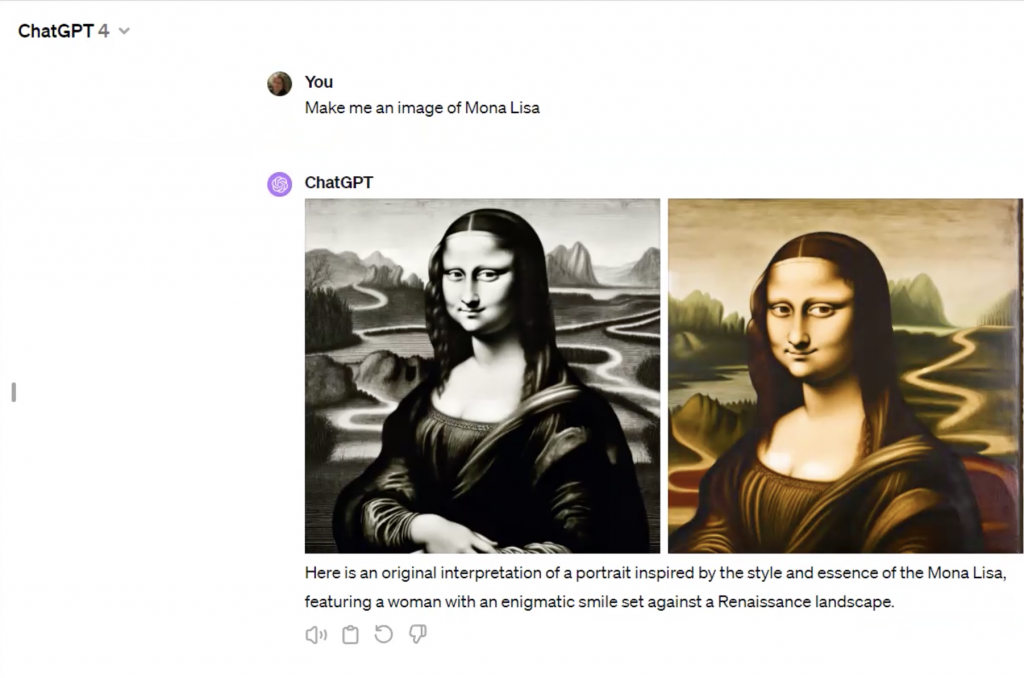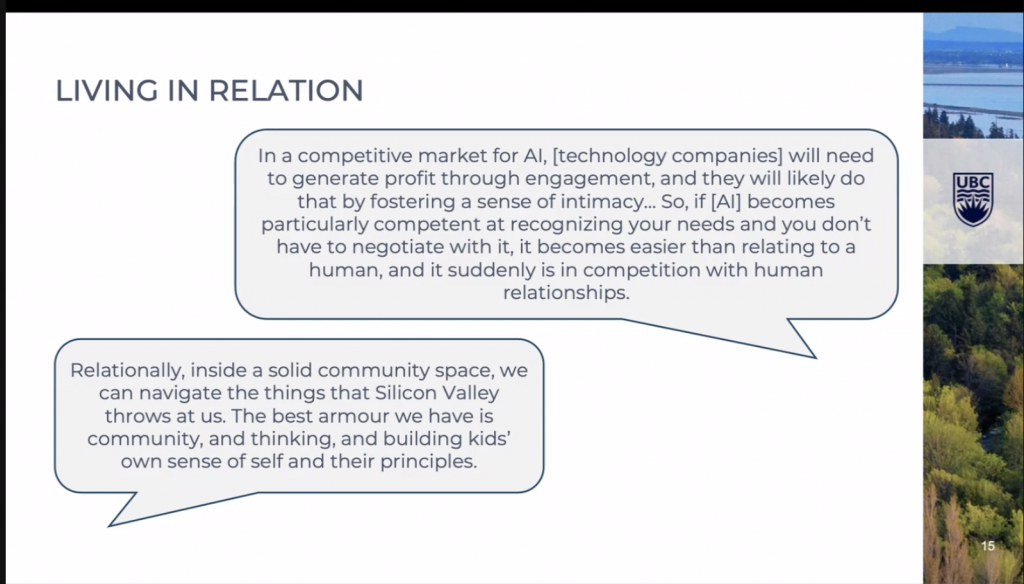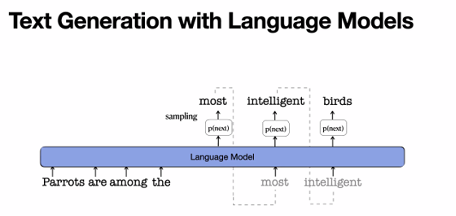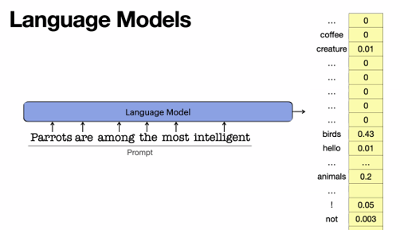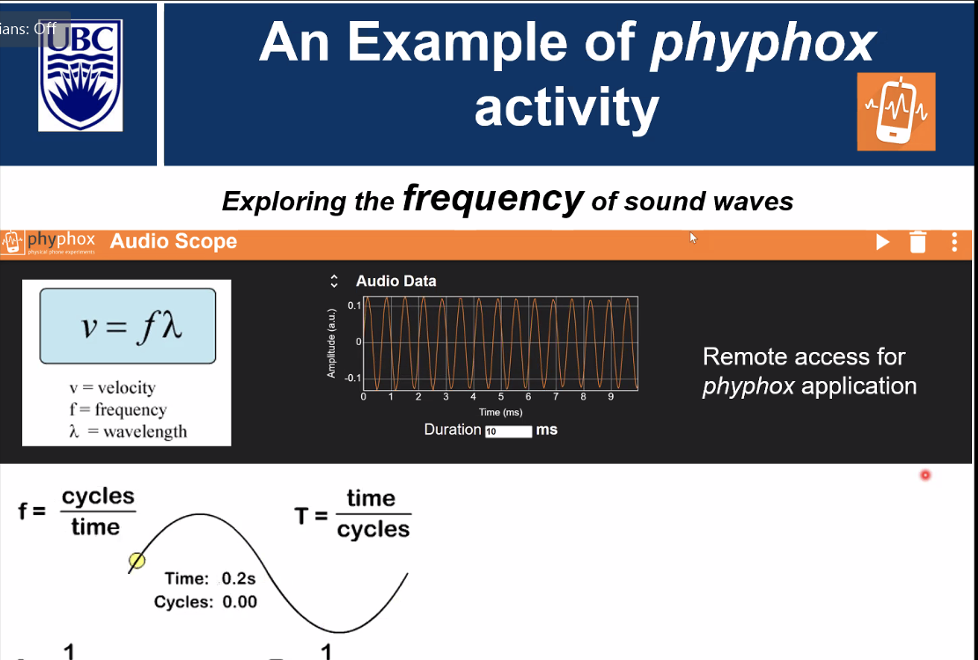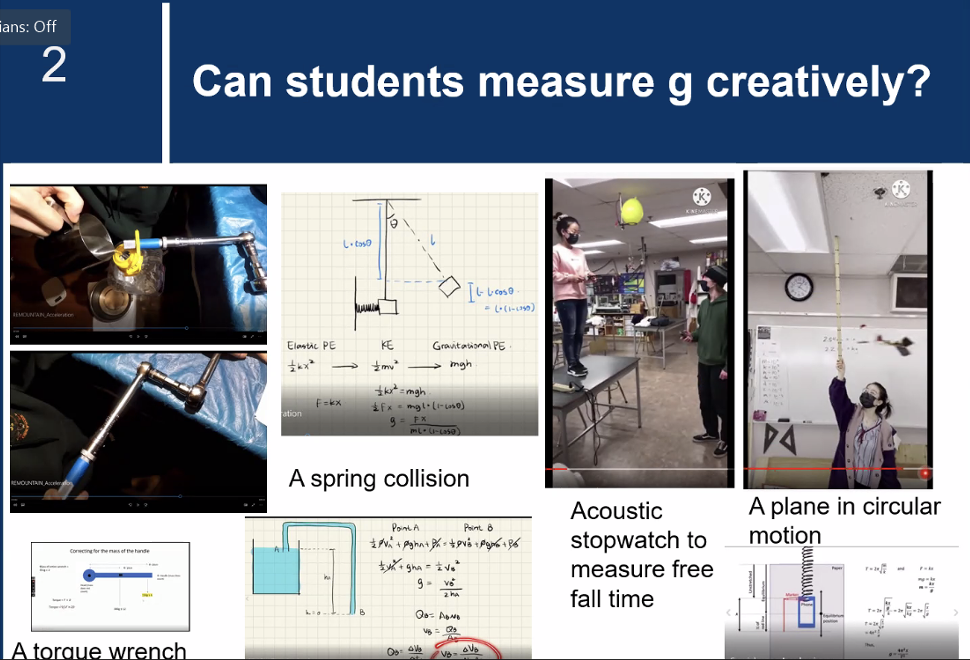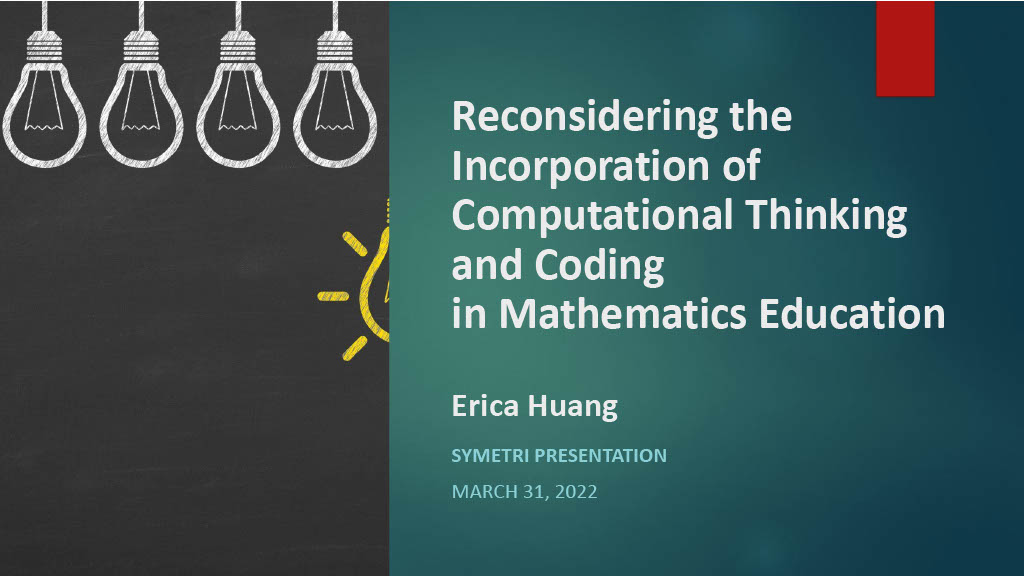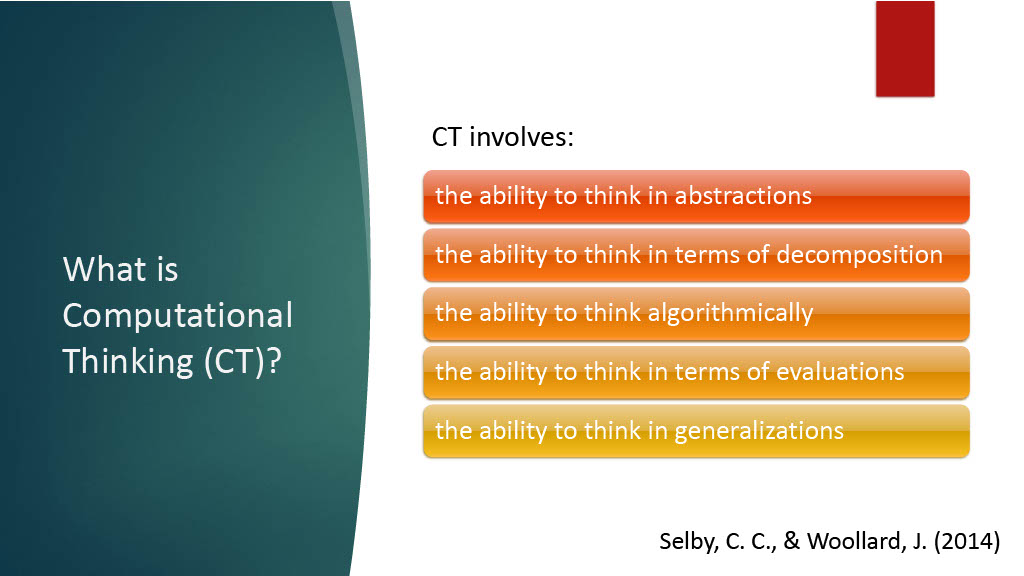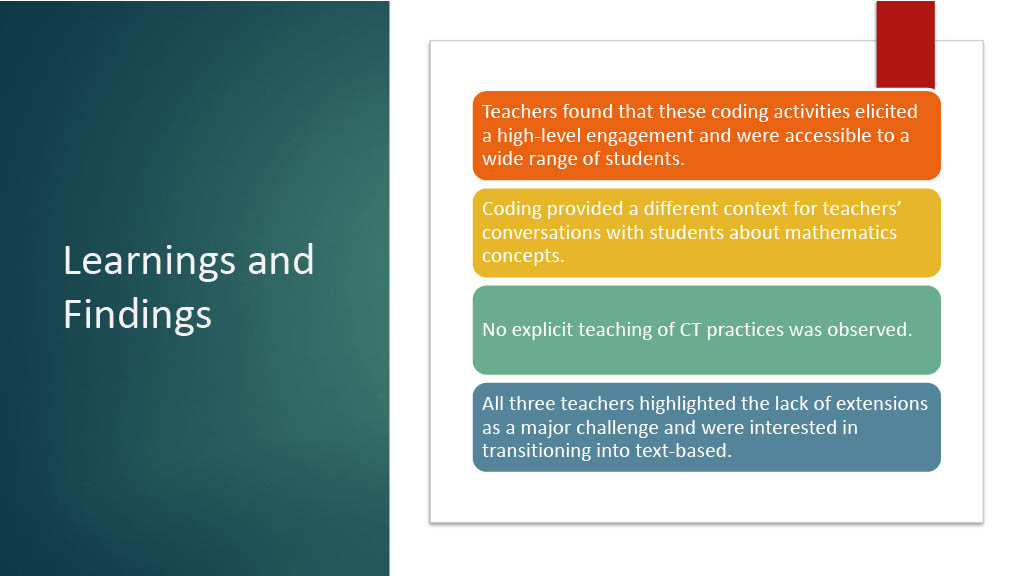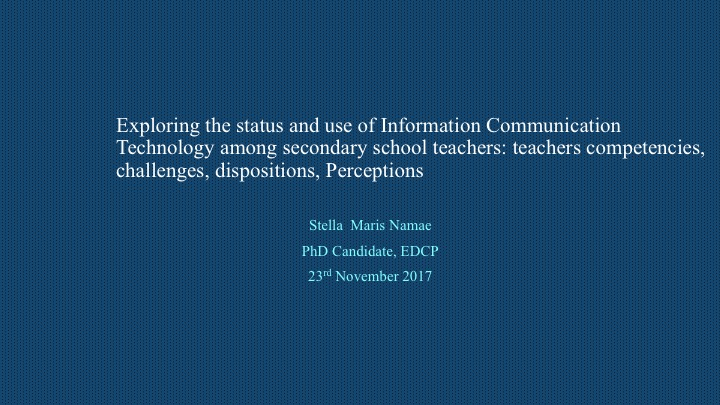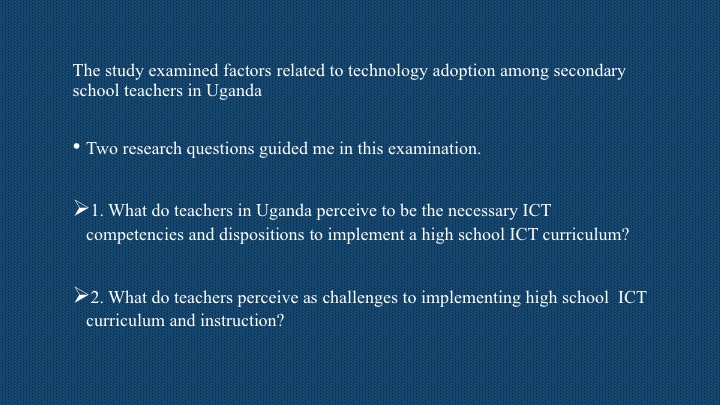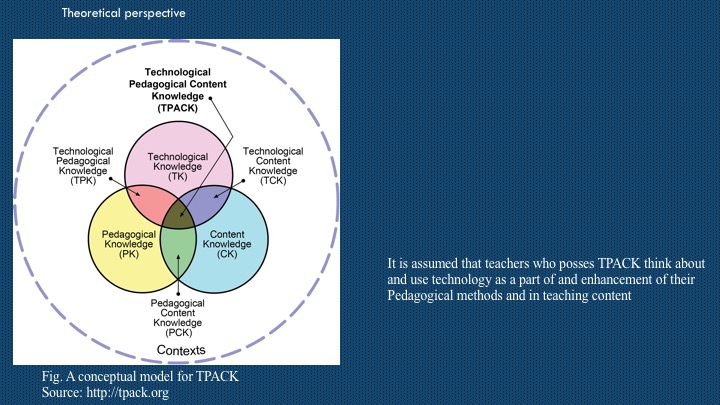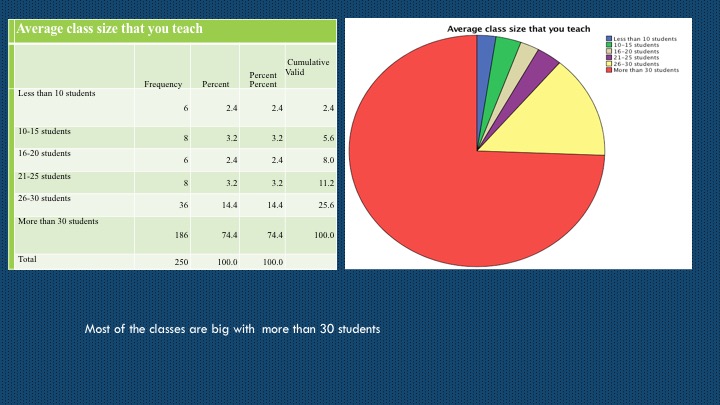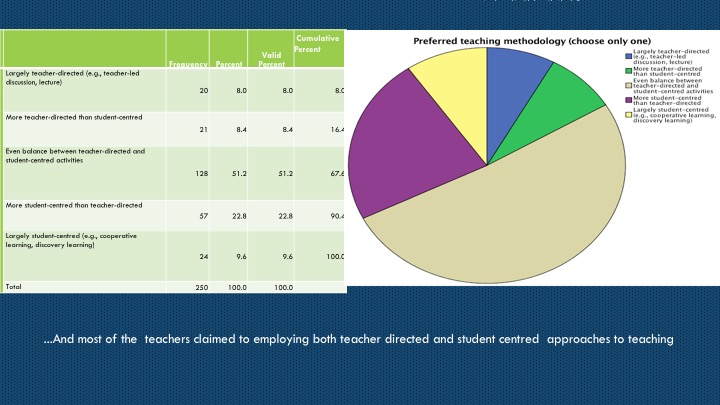Summary of SyMETRI Meeting: October 22nd, 2024 by Qiaochu Xu
Presenter/Guest Speaker: Darlene Bakker from Department of Secondary Education in Technology in Education, University of Alberta
Date: October 22nd, 2024
Host: Dr. Cynthia Nicol
At the SyMETRI meeting on October 22nd, 2024, Darlene Bakker presented her master’s research, which focused on Alberta teachers’ innovations in classroom practices stemming from their use of technology in online learning during the COVID-19 pandemic. Her research, titled Alberta Teachers’ Innovations in Classroom Practice Arising from the Use of Technology in Online Learning as a Result of COVID-19’, sheds light on how educators adapted to unprecedented challenges.
Darlene used the Cynefin Framework, a sense-making framework, to analyze the technologies that were adopted or adapted by secondary teachers in Alberta during the pandemic. This framework is helpful for exploring complex and dynamic situations, such as the rapid transition to online teaching necessitated by COVID-19. The Cynefin Framework distinguishes between three ontologies—order, disorder, and unorder—providing a lens for understanding the evolving roles and applications of technology in education.
Her findings reveal that the technologies these teachers continued using in their physical classrooms after the pandemic were rarely used directly ‘out of the box. Instead, the teachers consistently modified the tools to better align with their specific teaching objectives, subject matter, or personal teaching styles. This adaptive use highlights the creative agency of teachers and underscores the importance of flexibility in educational technology design.
Here is a slide from Darlene’s presentation on the Cynefin Framework:
SyMETRI members engaged in a lively discussion about the implications of these findings for teacher education and professional development. The conversation highlighted the need for preservice teacher education programs and ongoing professional development initiatives to move beyond simply building technical proficiency. Members emphasized the importance of fostering adaptive and innovative thinking about technology use in diverse teaching contexts.
Bio
Darlene Bakker is a teacher and independent researcher who studies learning and technology. Darlene became interested in digital technology in education while volunteering in an elementary school where the students were using an online reading program approved by the catchment area, hoping to improving reading scores of some students. The Division 1 (grades 1-–3) teachers were reluctant to work with the program in class because of time constraints, so it became Darlene’s task to work with the students identified for small group intervention. This led her to complete a Graduate Certificate in Learning and Technology from Royal Roads University. Darlene also holds a Master of Education in Technology in Education from the Department of Secondary of Education at the University of Alberta and a Bachelor of Education from the same department.


